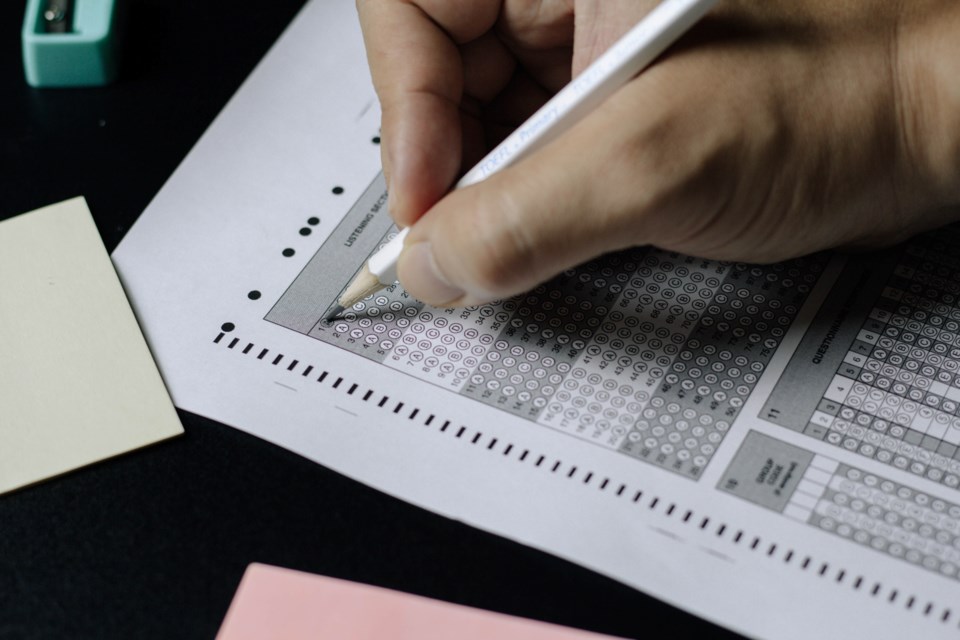Editor's note: This story was originally published by Chalkbeat, a nonprofit news site covering educational change in public schools. Sign up for its newsletters here: ckbe.at/newsletters
***
The Biden administration said Monday that states must administer federally required standardized tests this year, but schools won’t be held accountable for the results — and that states could give shorter, remote, or delayed versions of the exams.
It’s the first high-stakes decision for the new administration’s Department of Education, coming even before its secretary of education nominee, Miguel Cardona, has been confirmed.
“To be successful once schools have re-opened, we need to understand the impact COVID-19 has had on learning and identify what resources and supports students need,” Ian Rosenblum, acting assistant education secretary, wrote in a letter to state education leaders.
Last school year, regular standardized testing was canceled as the pandemic closed school buildings across the country. The decision means that schools will have to find ways to administer tests to millions of students, many of whom are still learning remotely.
Several states, including California, Georgia, Illinois, Michigan, New Jersey, and New York, have already asked for or said they planned to request a waiver from this year’s testing requirements. Officials in Florida, Indiana, Tennessee, and Texas have indicated that they planned to test students regardless of what the Biden administration decided.
The letter sent by the department on Monday spells out a number of potential ways states can adjust their testing systems. States can shorten assessments, provide the test remotely, or lengthen the window in which students can sit for the exam — potentially extending it into the summer or the following school year.
“Certainly, we do not believe that if there are places where students are unable to attend school safely in person because of the pandemic that they should be brought into school buildings for the sole purpose of taking a test,” wrote Rosenblum.
[ Related: Colorado bill seeks to suspend most standardized testing this year ]
The letter notes that the department will consider additional flexibility on a state-by-state basis.
Opponents of testing this year have emphasized that it will prove logistically difficult and won’t be a good use of instructional time. Some state officials have acknowledged that they have little ability to force students to show up to sit for an exam, and remote testing brings concerns about the accuracy and validity of the results — particularly because students who have lost the most learning might be the least likely to take the tests.
Some civil rights groups, as well as top Congressional Democrats, have lined up on the other side, arguing that testing is all the more essential after a long period of disrupted schooling.
The Biden administration agreed. “It is urgent to understand the impact of COVID-19 on learning,” Rosenblum wrote.

